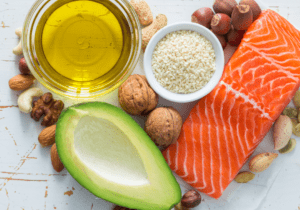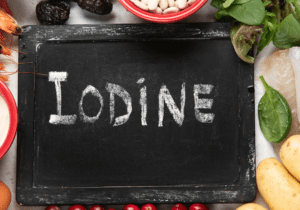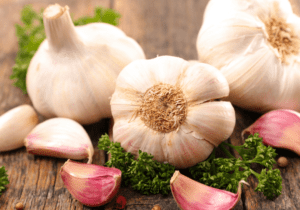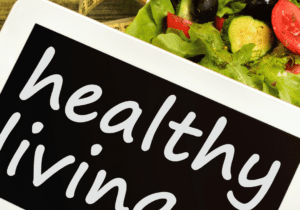Fat - The Great Protector?
I was raised on the shores of the Mediterranean Sea and I have to admit, I love the area. Everything about that region calls to me, the sea, the sunshine, the people and especially the food. Oh the food! If you've ever traveled to the region, I'm sure you've experienced the delights of the local cuisine and raved about the flavors. Well, there's a good reason for that, we have known for a long time that the Mediterranean diet has amazing health benefits and has been shown to prevent heart disease and lower cholesterol, but there is new evidence that eating a diet rich in vegetables, protein, and extra virgin olive oil does far more.
A new study published in JAMA published in September 2015 found that the Mediterranean diet, rich in extra virgin olive oil, cuts the risk of breast cancer by a whopping 62%. That is a diet that includes an intake of 15% of the daily calories from extra virgin olive oil. In the study, a group of subjects were fed a Mediterranean diet and the control group a low fat diet. The results were overwhelmingly skewed towards the benefits of the Mediterranean diet. In addition, this study proves the benefits of eating a varied diet versus the low fat diet which did not deter nor prevent breast cancer. There's more, another study published in JAMA in July 2015 found that eating a diet rich in extra virgin olive oil and nuts improved cognitive function and lowered the risk of dementia. Another score for the Mediterranean diet. But we are not done, the Mediterranean diet has been found to improve depression, slow the aging process, diminish the symptoms of rheumatoid arthritis, decrease the risk of peripheral arterial disease and so much more.
It's very obvious that the Mediterranean diet has multiple health benefits, but what exactly does it entail? Well let me elaborate, most Mediterranean countries have certain common ingredients that are used in their regional cooking. The first and most often used is extra virgin olive oil. This fat is used profusely in just about any dish regardless of whether it's cooked in Spain, Italy, Southern France, Greece or any of the other Mediterranean countries. In addition, many of the dishes include salads that are made with many different lettuces, rarely iceberg, and in the case of the Middle East, in particular Lebanon, parsley in the famous tabbouleh. Beef is rarely eaten, instead lamb, fish, shell fish and poultry are the preferred meats. Stews and soups are popular as are meals made with fresh, whole milk, plain yogurt and fermented cheeses like feta and kashkavan made from sheep milk. One thing for certain, the Mediterranean diet is rich in fresh food. Boxed, canned, bagged and otherwise artificial foods are rarely if ever added, minimizing the exposure to empty calories and chemical foods that poison our bodies. Many of the Mediterranean countries typically include some form of wine in their meals and many shun or have banned genetically engineered foods. Does this look familiar? It does to me, because it is the basis of Dr. Nadia's Healthy Eating Plan.
It's unfortunate that there are so many fad diets that advocate extreme eating and food combining and it is even more unfortunate that some have even been adopted due to “evidence”. The reality is that from a physiological perspective, we are omnivores and we derive nutrition from a varied diet one that includes animal proteins, complex carbohydrates and healthy fats. So do your body a favor, go Mediterranean and Stay Healthy!
















